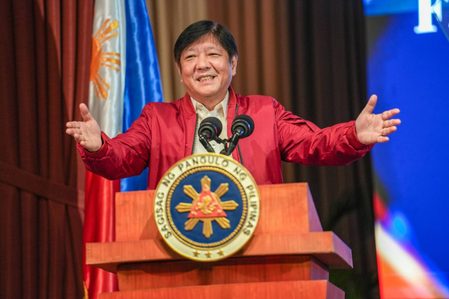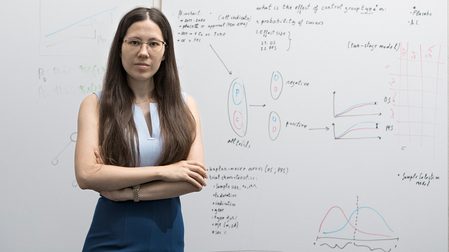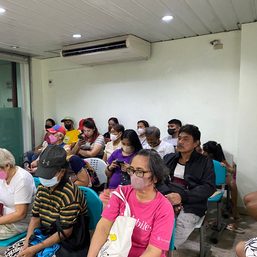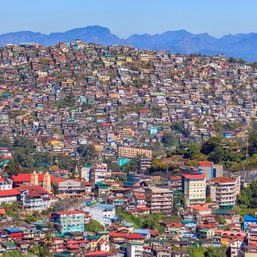SUMMARY
This is AI generated summarization, which may have errors. For context, always refer to the full article.

MANILA, Philippines– President Ferdinand Marcos Jr. has given the nod for the construction of a P6-billion ($112 million) cancer center, kicking off his infrastructure agenda that will rely more on private capital than his predecessor.
The National Economic and Development Authority (NEDA) Board, chaired by Marcos, approved the University of the Philippines-Philippine General Hospital (UP-PGH) Cancer Center project that will be funded through a Public-Private Partnership (PPP).
The cancer center, with an area of 3,000 square meters, will be located within the UP-PGH campus in Manila. The entire building will have a capacity of 300 beds (150 charity beds for the UP-PGH Area and 150 private beds for the private area), 15 to 20 floors, 350 parking spaces, 1,000 square meters of commercial space, and an area for three linear accelerators bunkers. A linear accelerator is a device used for radiation treatments.
The winning private bidder will be in charge of designing, constructing, and commissioning the entire new hospital building. It will also procure, maintain, and provide for the periodic replacement of medical and non-medical equipment.
The UP-PGH will provide the site at no cost to the bidder, transfer the existing equipment to the cancer institute, and provide clinical services to non-paying charity patients in the UP-PGH area. It will also undertake clinical teaching and research.
Both the private entity and UP-PGH will assume all associated costs of clinical manpower, drugs, and consumables.
Cancer is the second leading cause of death in the Philippines, and the UP-PGH needs to expand its capacity.
According to the project brief, the UP-PGH treats 70,000 outpatients for cancer yearly, and 1,800 cancer beds are needed in the National Capital Region by 2030 in order to meet demand. It also cites the need for additional radio oncology equipment, especially since cancer incidence is expected to rise in the years to come.
Build-operate-transfer
The 300-bed hospital will be solicited from the public through the submission of a bid, and will be structured as a 30-year Build-Operate-Transfer (BOT) arrangement.
“The BOT approach is an agreement that grants a concession to a private partner to finance, build, and operate a project over a fixed term. After that period, the project is returned to the public entity that originally granted the concession,” the Office of the President said.
“The hospital will provide a full range of cancer treatments, including radio oncology (radiotherapy), imaging, medical oncology, and support for the UP-PGH’s teaching and research activities,” it said.
The project was included in the final list of infrastructure projects released by former president Rodrigo Duterte’s economic team sometime in 2021, according to Rappler’s collated data. It was tagged as “in the pipeline,” which meant that at that time, projects had not yet reached the advanced stages of implementation.
Pivot to private
Unlike Duterte, which favored government-to-government sovereign borrowings to fund his ambitious infrastructure plans, Marcos has expressed openness to PPPs.
This, as Marcos’ economic managers try to make the most of their fiscal space amid a record-high debt incurred during the Duterte administration.
By the time Marcos became president, he had inherited P12.79 trillion in sovereign debt and saw government borrowings climb to over P13 trillion by end-2022. –Rappler.com
$1= P53.39
Add a comment
How does this make you feel?



![[OPINION] Beyond infrastructure: Ensuring healthcare access for the poor](https://www.rappler.com/tachyon/2024/03/tl-healthcare-access-03402024.jpg?resize=257%2C257&crop_strategy=attention)








There are no comments yet. Add your comment to start the conversation.